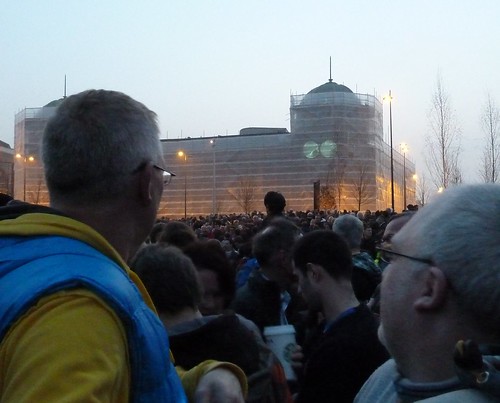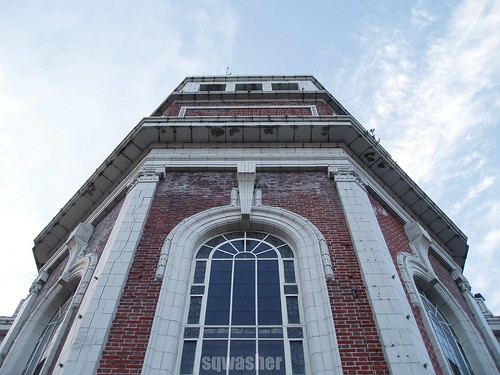The reasons to support a directly elected mayor are, according to David Cameron, for cities to become "more powerful, prominent and prosperous", presumably through strong leadership and more accountability - though how have places like Doncaster, Middlesbrough and Hartlepool experienced such a shift since having directly elected mayors in the early 2000s?
Doncaster's mayor is English Democrat, Peter Davies - former Labour party, Conservative party and UK Independence party member and father of Shipley's MP Philip Davies. Peter Davies has used his platform as directly elected mayor to deny climate change, cut funding related to minorities and multiculturalism and to advocate withdrawal from the EU . The voters of Doncaster will again go to the polls to decide if they want a directly elected mayor, having had one for ten years already, and most local businesses would like to see the continuation of a directly elected mayor, though an earlier survey shows that residents in Doncaster don't agree.
Middlesbrough elected 'Robocop' as Mayor, Ray Mallon. Since Ray Mallon was elected, The Boro has seen an improved town centre, the opening of MIMA, a reduction in crime and the town set out its ambitions by bidding for city status. Ray Mallon would seem like a good advert for an elected mayor, though maybe not when it comes to taxis.
North of the Tees, Hartlepool elected a monkey as mayor. Stuart Drummond, is now in his third term as mayor in Hartlepool, having being originally elected as Hartlepool United's H'Angus the Monkey mascot. Drummond, an independent, beat another independent candidate into second place in his last election in 2009. The independents in Middlesbrough and Hartlepool and the English Democrat candidate in Doncaster perhaps show elected mayors as a way for people to shun the mainstream parties in favour of a new approach.
The arguments against an elected mayors are the cost, that it is undemocratic for so much power to be placed in one pair of hands and that there is a danger that people will vote for people more on personality, than their policies.
Bradford has had no-overall political control for over a decade and this could be a factor that is stifling the regeneration of the city centre. The leadership has changed between a Labour and Lib Dem coalition, to a Conservative and Lib Dem coalition, and back again. Local politicians might be less willing to take bold steps and big risks because of the danger of losing their leadership at the next election.
A directly elected mayor would have a platform to make big bold decisions and the right candidate could help raise the profile of the city in a positive manner, but ultimately it depends who would get elected. Where ever voters are in the city, they want value for their council tax and they want services to be delivered efficiently. But then there are the social divides in the district, people will have different priorities for what the council should be doing and how they should be spending their money. Then there are spatial divides, if the city did have a mayor - would they be able to convince voters in outlying areas such as Ilkley and Keighley that the regeneration of Bradford City Centre is important for them?
For those people who care about the city centre, it is imperative that the importance of the city centre and its relationship to the rest of the district is promoted. If the city votes yes for an elected mayor and the city centre's regeneration is seen as a big vote winner for a prospective candidate, it will ensure lots of debate about how the city centre moves forward and hopefully lots of action. But it doesn't mean this process of promoting the city centre and taking the best course of action for its regeneration can't be reached if the city votes no.




